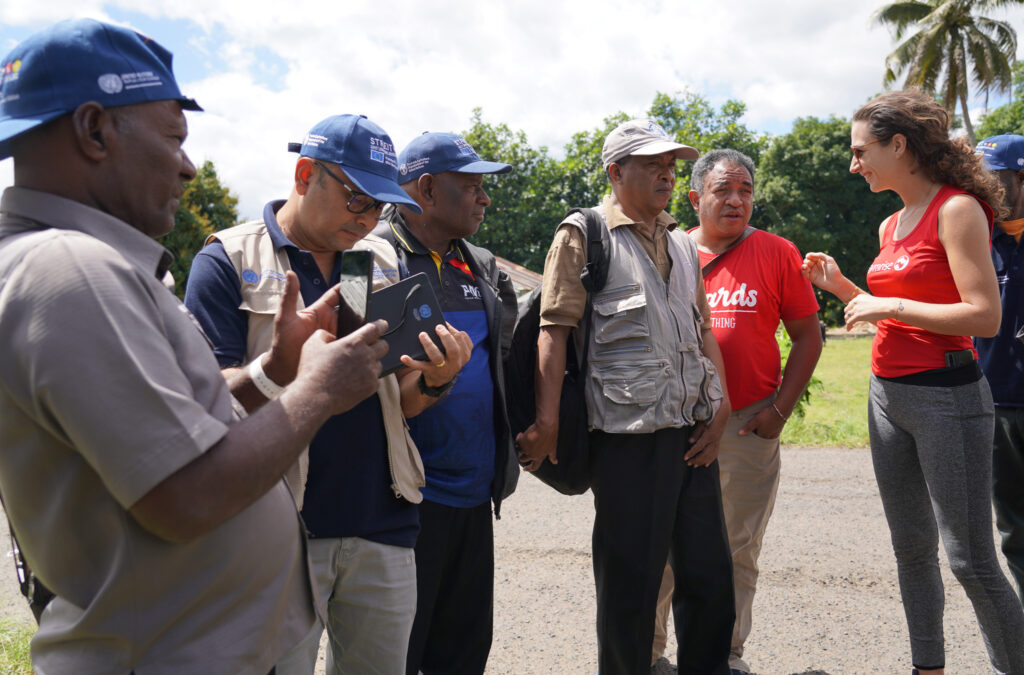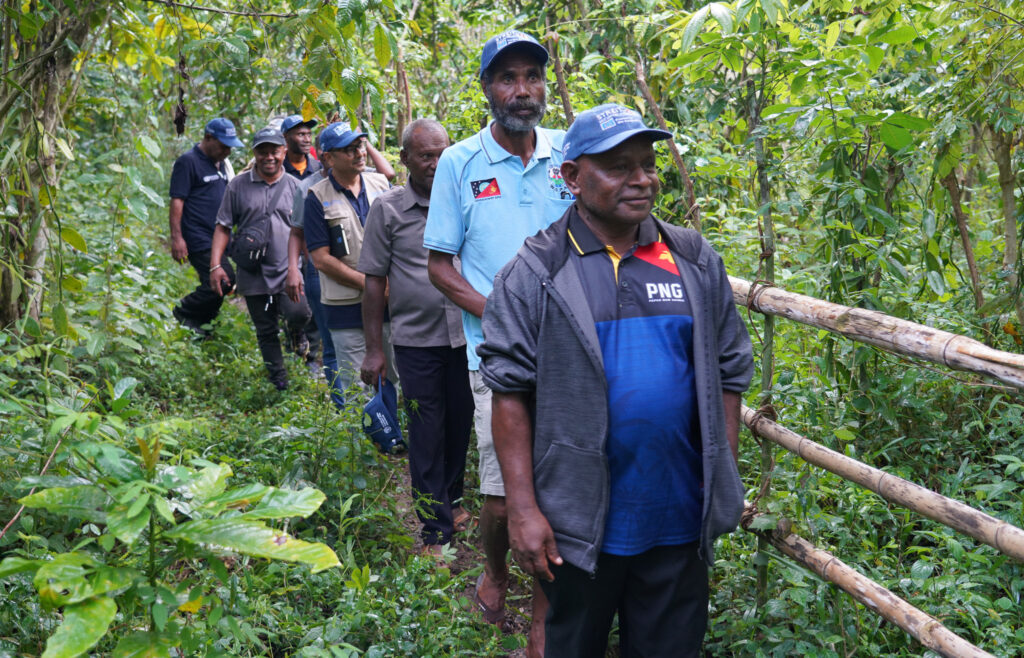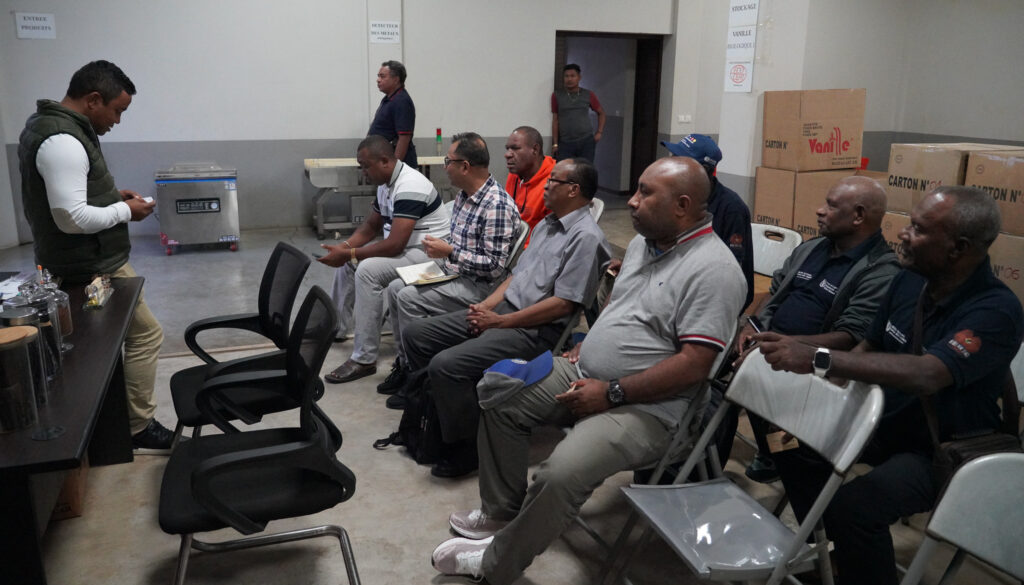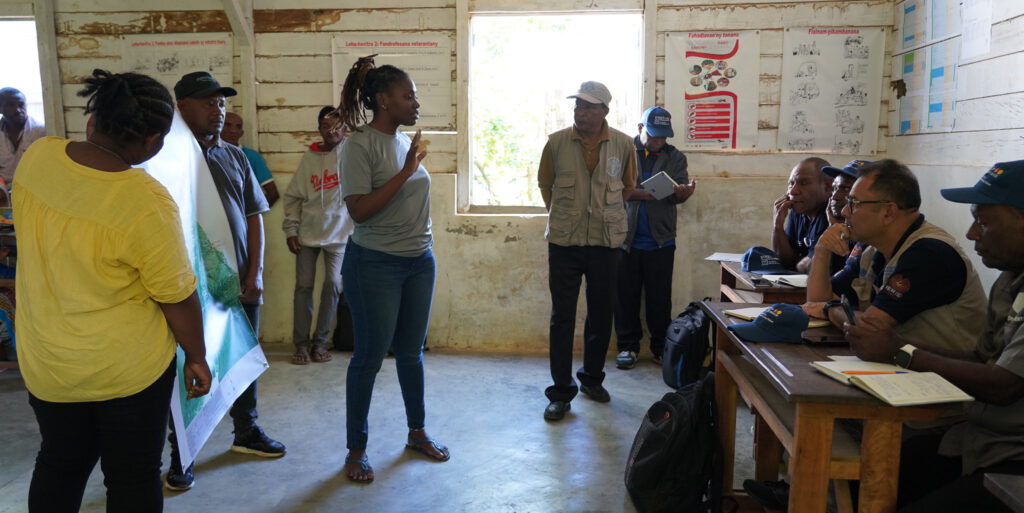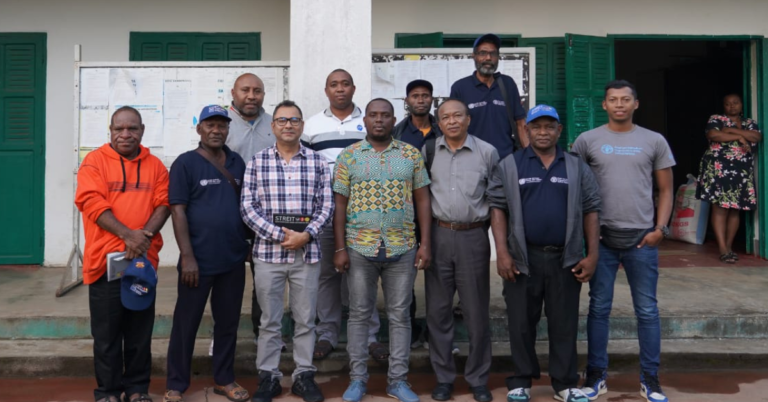An exposure visit facilitated by Food and Agriculture Organization of the United Nations (FAO) has given one model vanilla farmer in East Sepik an insight into vanilla farming in Madagascar.
Nicodemus Mainga, a model farmer from East Sepik, was amazed. Mainga said the skills and knowledge he acquired, during the visit to Madagascar was invaluable.
He said he learned a lot about how Madagascar grows its top-quality vanilla, making them the best in the world.
“This visit was super helpful for me as a farmer. Now, I can share these techniques with my fellow farmers in Papua New Guinea. So we can also make vanilla as good as Madagascar’s. It’s a win-win for us, and I’m really happy I came to visit Madagascar,” Mainga said.
The exposure visit to Madagascar was arranged and supported by the FAO. A part of the European Union-funded STREIT PNG Programme, aimed at promoting the development of vanilla value chain in Papua New Guinea.
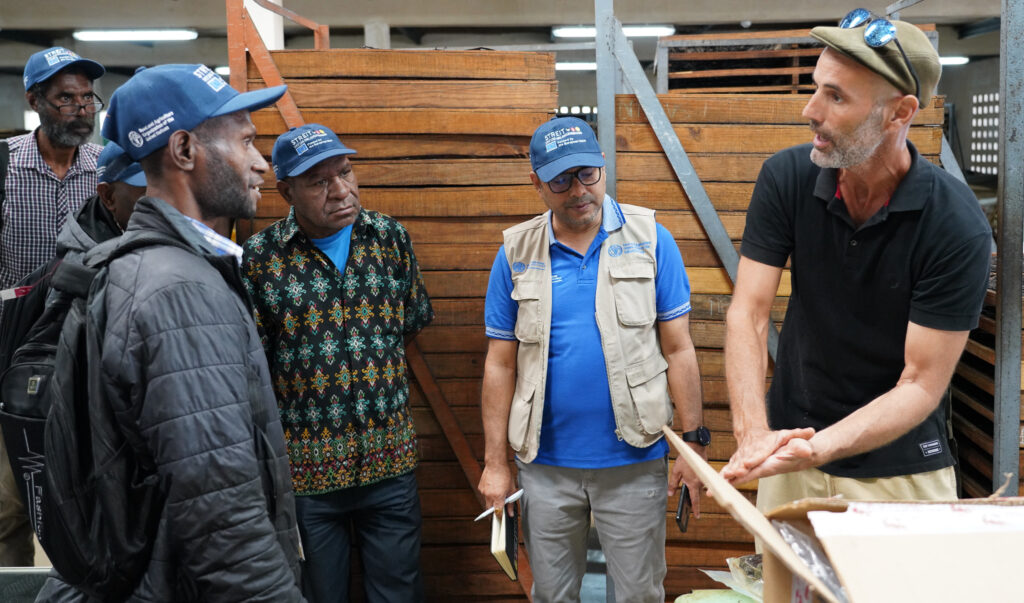
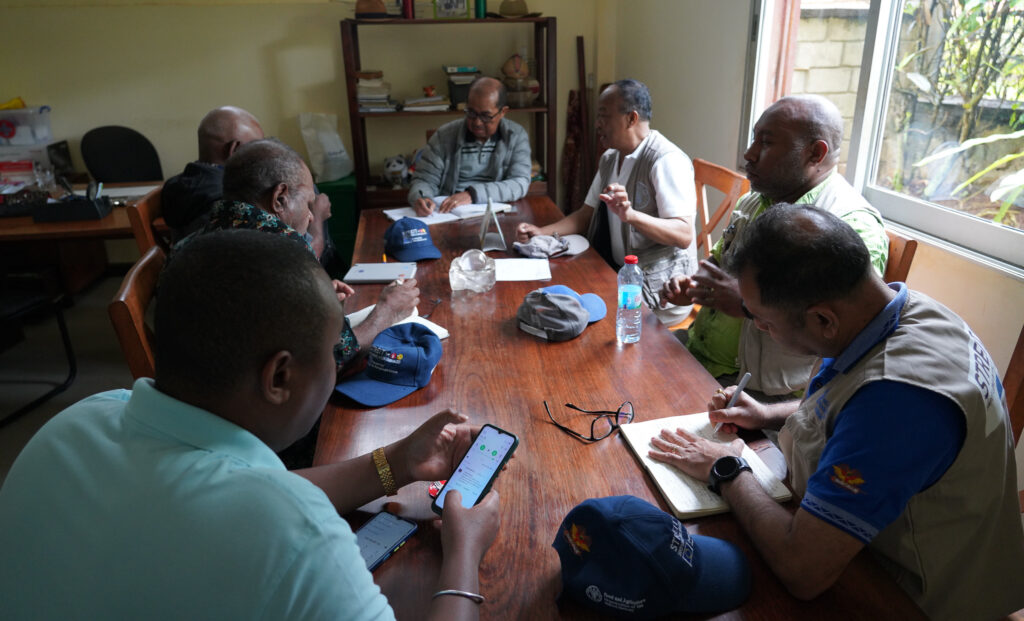
FAO Senior Agricultural Officer, Rabi Rasaily, says the exposure visit will improve their skills in vanilla production and processing. But most importantly to formulate good governing policies, regulations and standards that protect producers, traders and exporters rights. While contributing to quality assurance to establish trust on PNG vanilla with the international buyers.
The delegation from Papua New Guinea, included senior officers from Central Government agencies. Such as the Department of National Planning and Monitoring (DNPM), the Spice Industry Board (SIB) under the Department of Agriculture and Livestock (DAL). As well as Provincial Government and Administration Institutions.
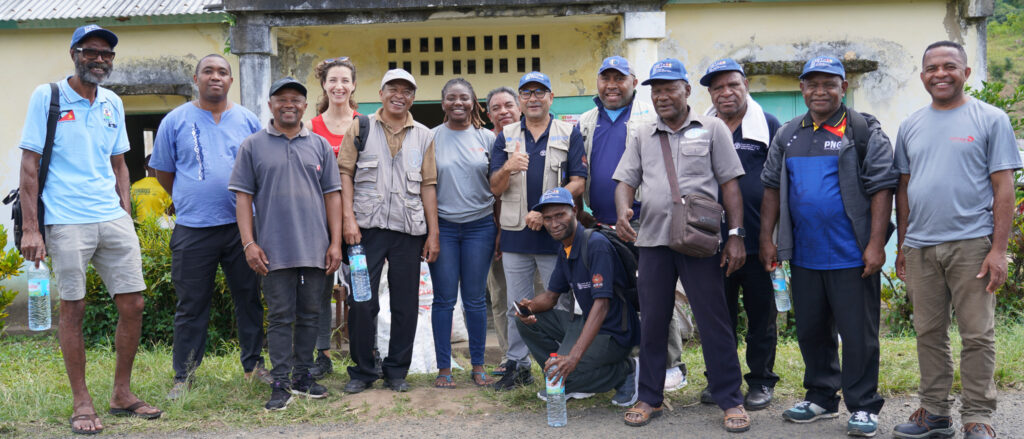
The focal point of this journey was Sava, a region synonymous with vanilla excellence. Nestled on the northern and northeastern coast of Madagascar known as Sava.
An area that has become the epicentre of vanilla cultivation, encompassing every aspect from farming to processing and export.
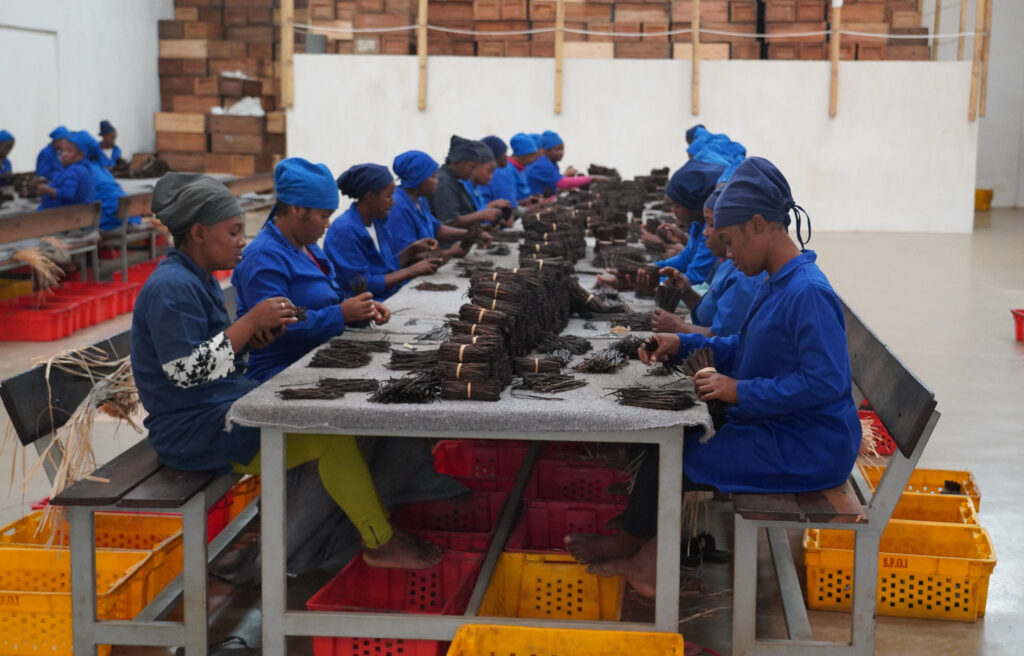
The delegation’s itinerary took them through this green expanse. Immersing themselves in the heart of the world’s leading vanilla production and export hub. A hub which accounts for approximately 80% of the global vanilla market.
The delegation was impressed by the quality of Madagascar’s vanilla product’s. As well as the strong collaboration among different stakeholders in the sector.
They also learned about the challenges and opportunities faced by the vanilla industry in Madagascar. Such as climate change, threat of pests and diseases, price volatility, quality standards, traceability, certification, and market access.
Floyd Lala, Director of the National Authorizing Officer Support Unit at DNPM, reflected on the enlightening visit. “After visiting Madagascar, I’ve gained valuable insights into their success as the world’s leading vanilla producer”, he said.
